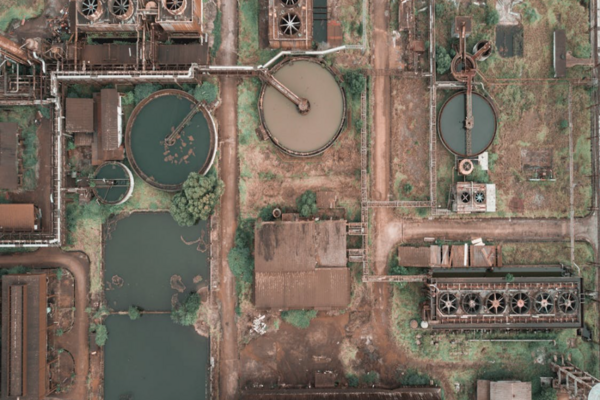Lao Brewery Company (LBC) has announced a transition to biomass energy in partnership with VN Green Energy Company. A new biomass energy factory will supply steam energy to its Vientiane brewery starting in February 2025. This shift will replace fossil fuel use and provide over 80% of the brewery’s energy needs.
The project is part of Carlsberg Group’s global sustainability initiative, “Together Towards ZERO and Beyond.” Carlsberg, which owns LBC, has been working to lower emissions across its breweries worldwide. LBC is also exploring renewable energy options for its Pepsi plant in Vientiane and brewery in Pakse.
Renewable energy is expanding in Laos through various projects. The country relies heavily on hydropower, with over 80% of its electricity generated from hydroelectric dams. Some of the largest projects include the Nam Theun 2 hydropower plant, which has an installed capacity of 1,080 megawatts, and the Xayaburi dam, which generates 1,285 megawatts. Laos also exports electricity to neighboring countries.
Besides hydropower, smaller renewable projects are being developed. In Savannakhet, a waste-to-energy facility produces biogas for local electricity needs. A 10-megawatt solar farm in Champasak is supplying power to nearby communities. In Attapeu, a micro-hydropower system has been installed in remote villages.
Across Southeast Asia, other renewable projects are increasing energy supply. Vietnam has built the Trung Nam Thuan Nam solar farm with an installed capacity of 450 megawatts. Cambodia operates a 60-megawatt wind farm in Kampot province. Thailand has developed floating solar farms, including the 45-megawatt Sirindhorn Dam project.
LBC representatives have met with Lao government officials to discuss their renewable energy plans and future sustainability projects. The company continues to look for ways to reduce emissions and improve energy efficiency in its operations.

